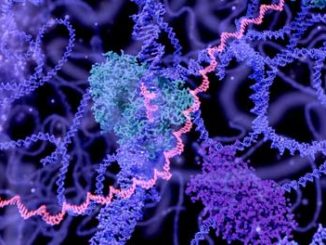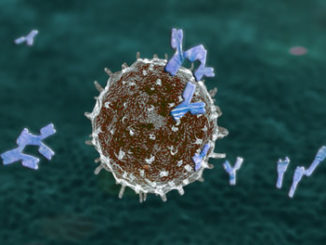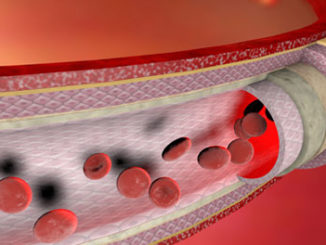Chromatin Immunoprecipitation Study Supports HDAC Inhibitor as Possible Lung Cancer Treatment
A person’s genetic code can contribute to their risk for developing non-small cell lung cancer (NSCLC), which accounts for about 85% of lung cancers. Epigenetics, the study of chemical tags that impact gene expression without altering the genetic sequence, is shown to also profoundly influence the development of cancer. In a study by Asan Medical Center researchers from The University of Ulsan College of Medicine in Korea, chromatin immunoprecipitation (ChIP)-on-chip assays and other techniques were used to investigate the epigenetic [more…]




